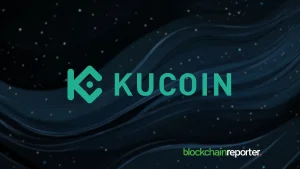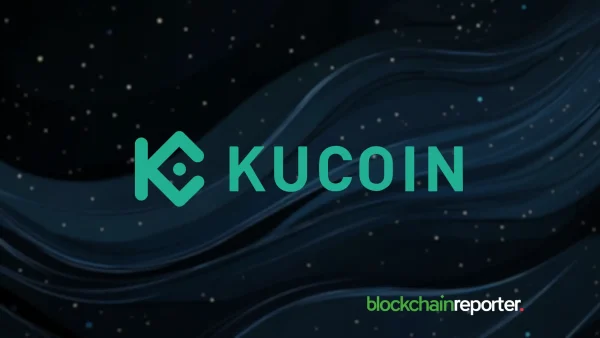
The European Union (EU) intends to introduce a set of rules in the next four years that will utilize blockchain and crypto-assets such as stablecoins to reduce the hustle of cross border payments.
The Sun newspaper published a report stating that two EU documents have explained its strategy to enforce digital finance. Despite 78% of payments in the eurozone making use of cash, the four-year intention hopes to shift to instant payments following the COVID-19 pandemic aftermath.
Blockchain Technology to Dominate Future Finance Industry
Following the coronavirus pandemic, safety precautions to promote physical contact limitations to minimize spread were set. They discouraged handling fiat currencies hence promoting the use of cashless payments.
The EU documents stated that their executive would present a draft law explaining the current rules concerning crypto assets and at the same time, introduce others.By 2024, the EU is predicted to have put in situ a comprehensive framework to enable uptake of distributed ledger technology(DLT) and crypto-assets within the EU financial sector. It is also expected to address the risks associated with new technology.
Last year, when Facebook revealed its plan to adopt the Libra token, stablecoins became the topic of discussion for policymakers. It is a type of cryptocurrency that is often backed by traditional assets. Central banks began considering launching their own in the future. Instant payment is one of the many advantages of stablecoins, and the EU has the intention of making a rapid transition to digital finance to get these benefits.
Brussels also wants to ease the sharing of data within the financial sector to encourage competition. It also hopes to provide a broader range of services while upholding the principle of “same risk, same rules, same regulations”, as the document states.
The document goes on that the principle of passporting and one-stop-shop licencing should be vivid in all areas that show strong digital finance potential. For long, the EU has sought out “home grown” replacements like Visa and Mastercard spelling out its goal to make instant payments familiar by the end of 2021.
Securing EU Digital Finance Goal
In recent news, the EU banks have demanded continuously that regulations of cryptocurrencies be set. It further shows the intention of the EU in establishing a crypto-assets regime while ensuring protective laws are in place before, during and after the transition to digital finance.
The Commission is also working to assess the impact of charges levied on consumers for instant payments. They are ensuring that the fees are not higher than those of regular credit transfers to meet its goal of efficiency and affordability.







